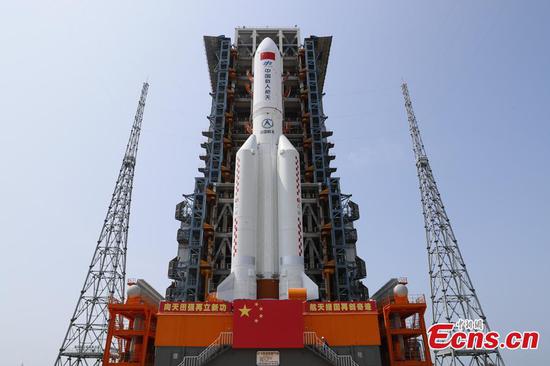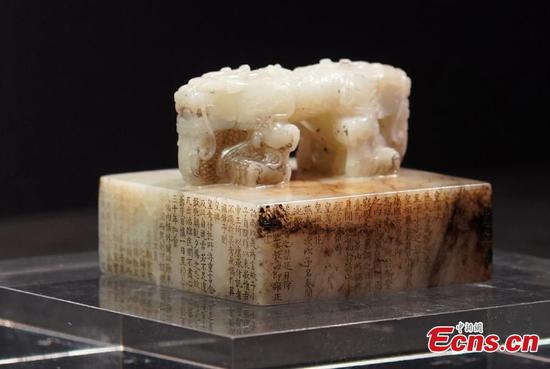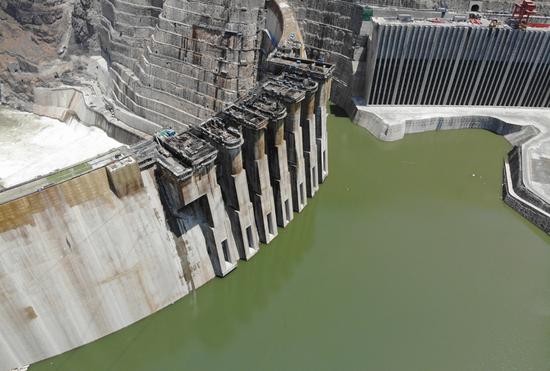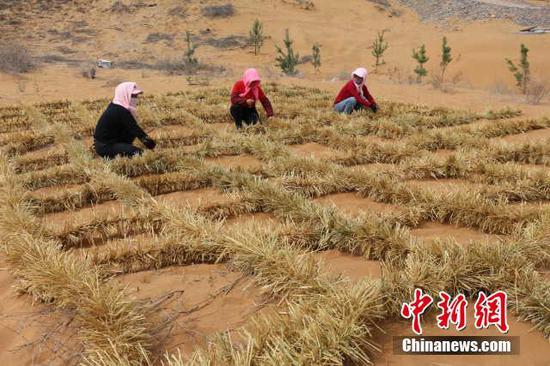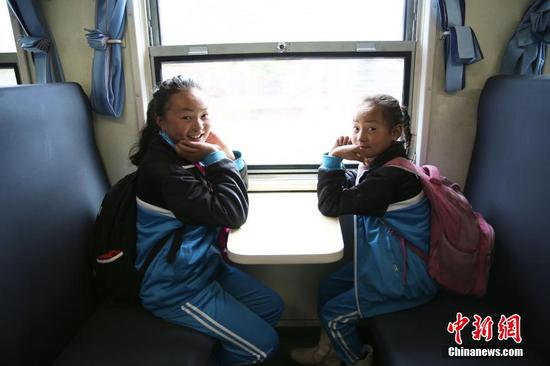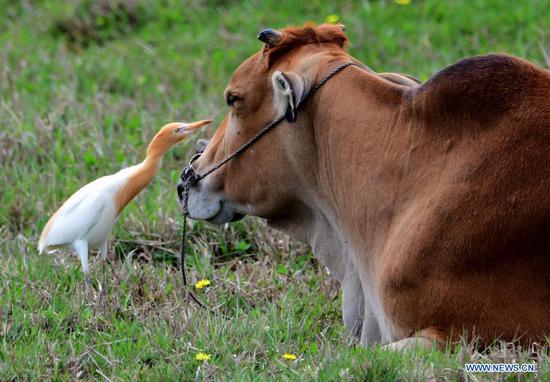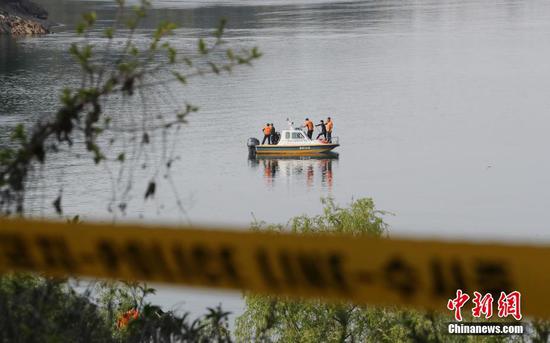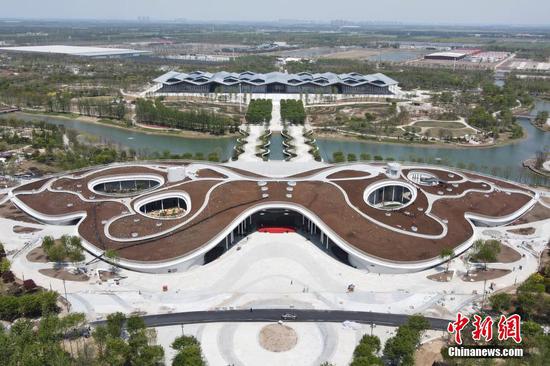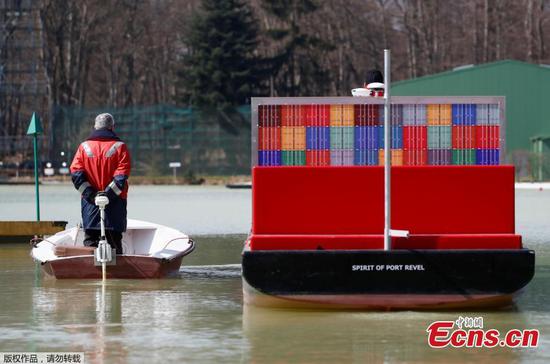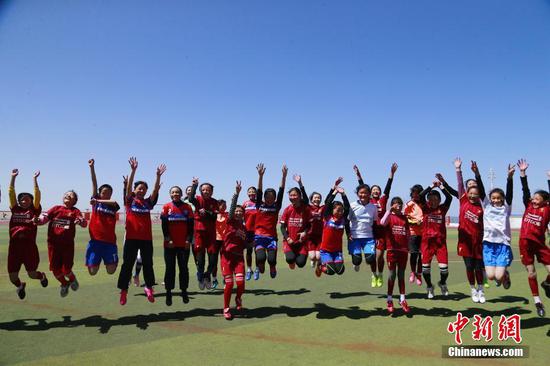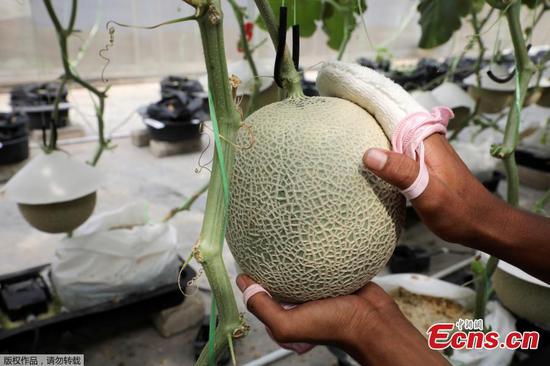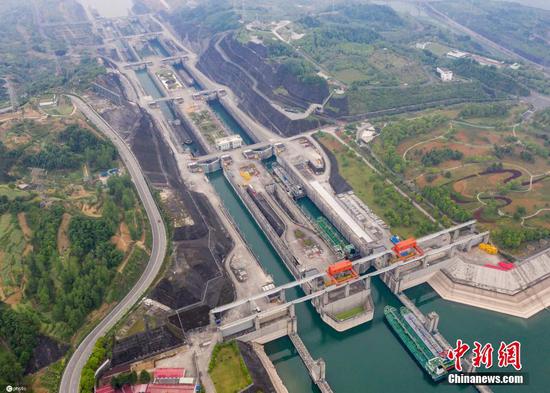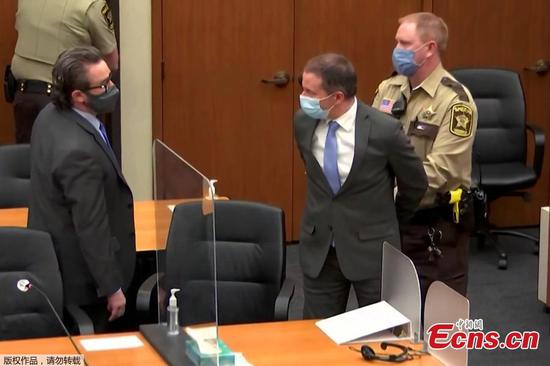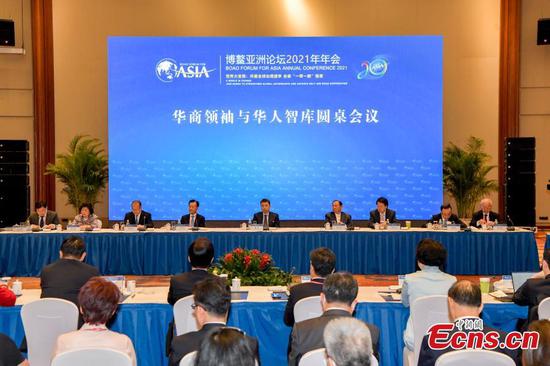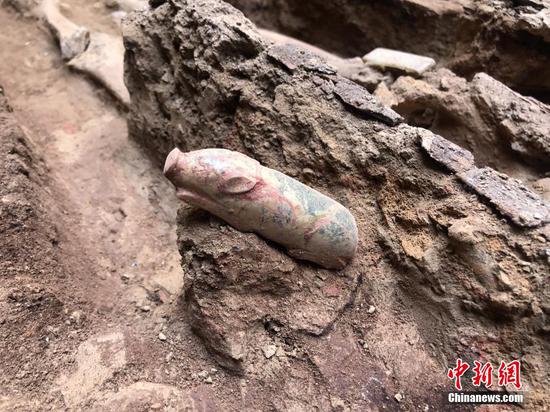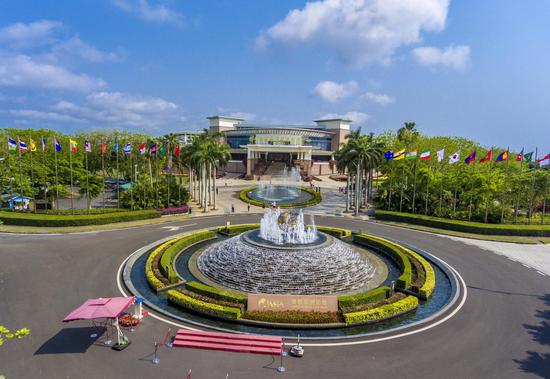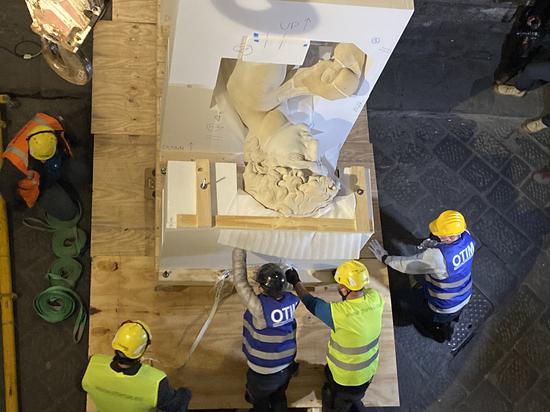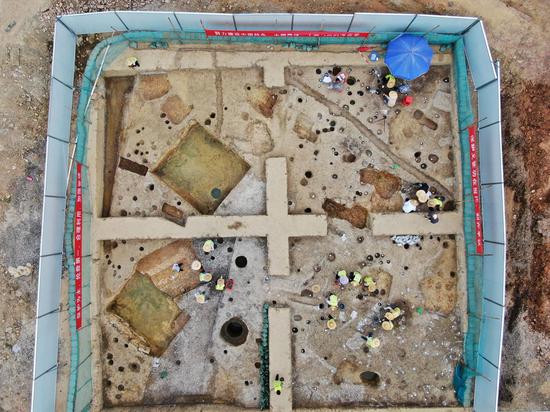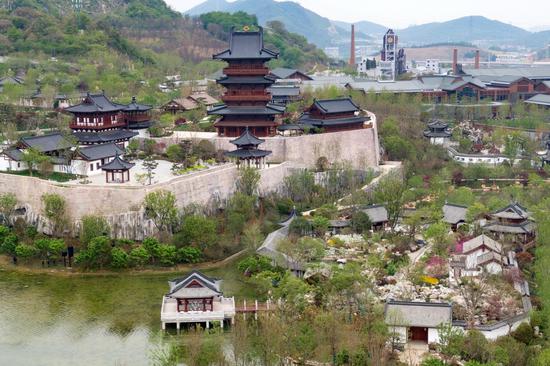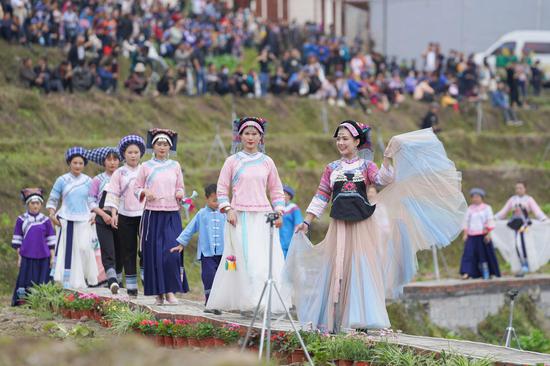 A Uygur family in Yuli county, Northwest China's Xinjiang Uygur aAutonomous Region, April 15, 2021. (Photo/Xinhua)
A Uygur family in Yuli county, Northwest China's Xinjiang Uygur aAutonomous Region, April 15, 2021. (Photo/Xinhua)The United Kingdom's parliament's declaration that China was committing "genocide" against its Uygur people holds no water and is just a smear of China.
The British House of Commons on Thursday passed a motion, declaring that China was committing "genocide" against the Uygur people in the Xinjiang Uygur Autonomous Region and called on the UK government to impose more pressure on China.
The statement comes as no surprise, as "genocide" has become a hot word used by some Western politicians and media outlets in their relentless anti-China campaign.
First, on Jan 19, the outgoing Donald Trump administration declared the Chinese government was committing "genocide" in Xinjiang. Before long, the Dutch and Canadian parliaments passed similar motions.
According to the United Nations Genocide Convention, genocide is defined as an attempt to commit acts "with an intent to destroy, in whole or in part, a national, ethnical, racial or religious group."
The British parliamentarians seemed to omit some simple facts – from 2010 to 2018, the Uygur population in Xinjiang grew from 10.17 million to 12.72 million. The 25 percent growth rate was much higher than the 13.99 percent of the region's entire population.
In comparison, when the People's Republic of China conducted its first census in 1953, the total population in Xinjiang was only 4 million. Moreover, Xinjiang people's life expectancy increased from 31 years to more than 70 since the founding of the PRC.
In what universe is a growing population evidence of genocide?
And where genocide is concerned, it is the UK that should reflect on its own history.
The UK, for centuries, engaged in trans-Atlantic slave trade, from which it garnered huge wealth at the expense of the lives of millions of black Africans. That is genocide.
It is not hard to expose the hidden agenda behind the UK's "concern" about the fate of Uygur Muslims in Xinjiang.
Sitting at the hinterland of the Euro-Asian continent, Xinjiang serves as China's gateway to Central Asia and Europe, and is at the core area of the Belt and Road Initiative proposed by China to enhance cooperation with countries in Asia, Africa, Europe and beyond.
In 2020, a record high of 9,679 China-Europe freight trains passed through Xinjiang, accounting for over 80 percent of the total.
Due to historical reasons, Xinjiang has long been a main battlefield against terrorism. Between 1990 and 2016, the region suffered thousands of terrorist attacks that killed many innocent people and police officers.
It is in this context that China ramped up its efforts to fight terrorism, religious extremism, and separatism, which have won support from many countries from around the world. During the 46th session of the UN Human Rights Council, 64 countries, including many Arab countries, made a joint statement in support of China's policies in Xinjiang.
But some Western media and anti-China forces have chosen to turn a blind eye to the facts.
By weaponizing human rights concerns, the UK and some other Western countries are trying to Balkanize China and create unrest among its Muslim population, and disrupt the Belt and Road Initiative. The Xinjiang issue is also used to drive a wedge and create division between Muslim nations and China.
It is not the first time the UK has engaged in a misinformation campaign against a country that has led to instability in the region.
In 2003, the UK followed the step of the United States to invade Iraq on the grounds that Iraqi government possessed "weapons of mass destruction", which later proved to be a lie. The war has killed more than 200,000 civilians.
Judging from past UK actions against Muslim states such as Iraq, it is hard to believe the UK actually cares about Uygurs in China, rather than being focused on undermining China's rise.










